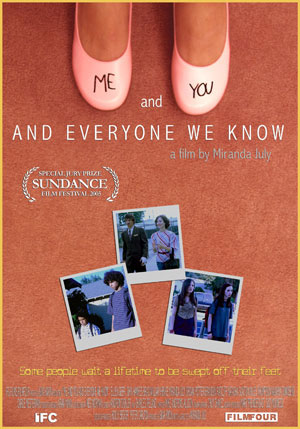The Alfinian Way: Nuclear War and the Thoughts of an Alien
With mounting international debate about Iran’s nuclear weapons capability and potential military action against them, I am reminded of an episode of the TV show Alf. Aired on October 13, 1986, “Pennsylvania 6-5000,” the series’ fourth episode, follows the furry, wisecracking alien as he tries to convince the President of the United States to abandon the country’s nuclear weapons program in order to save planet Earth from complete annihilation.
In the opening scene, Alf sits in the living room of the suburban house where he lives, talking to a radio show host on the phone. “I’ve got the solution to this nuclear bomb thing,” Alf says. “Get rid of ’em! They’re dangerous.” The studio audience laughs, but the message is clear: Alf’s right. Nuclear weapons are potentially self-destructive. The episode’s other lesson is equally apparent: the issue isn’t that simple.
I’LL DROWN MY BOOK: Part 5 (Talking With the Eds.)
While working on my initial review of I’ll Drown My Book last spring (2011), I posed a few questions to the editors. Here are some of their responses…
***
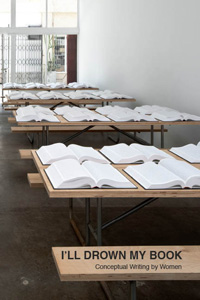
To Laynie Browne:
Many of the characteristics you give for Conceptual Writing, seem to me, be able to also describe what “good experimental writing” ought to be, in some ways. Though I’m sure we would agree on the problematics of the term “experimental,” and maybe more so with “good” and “experimental” juxtaposed, I’m thinking about some of the features you mention: “a recasting of the familiar and the found,” as defined by “thinkership,” often filled with “an assemblage of voices,” “process is often primary and integrative,” “the unknown and investigative are common impulses,” “the desire to reveal something previously obscured,” etc. It seems to me many experimental writing projects would share these characteristics. Might you agree? What makes Conceptual Writing stand out from other experimental writing projects? READ MORE >
June 8th, 2012 / 12:00 pm
I wrote the parts graciously left anonymous on page 4 in Cybersex by Marie Calloway. Unedited screenshots of our correspondence — some of which are corroborated in the original publication, others which implicate her lies, and my naïveté — follow after the break. Of course, this is rather embarrassing on my end, given the glib sexual graphic nature herein. May this be in defense of her other hopeful suitors who were likely equally manipulated.
Marie Calloway’s google docs pieces
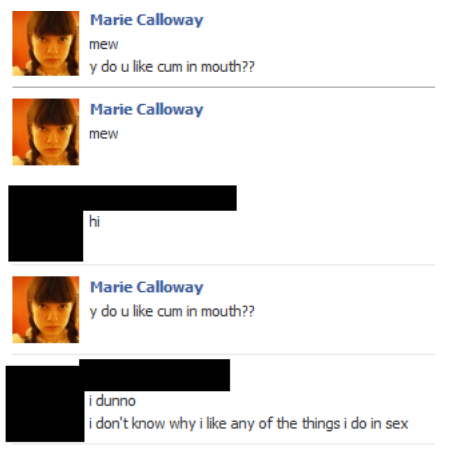
I think I really like the pieces Marie Calloway has been publishing via Google docs & sharing as links on Facebook & Tumblr post-“Adrien Brody” & “Jeremy Lin.” They are surprising and create a feeling that seems like a secret private virus or a window. There are people in the world.
Insufferable by Marie Calloway
Cybersex by Marie Calloway
Criticism by Marie Calloway
Men by Marie Calloway
Seems significantly more “sincere” in an actually vibrant way than a lot of the other things people have been pointing at as “sincere” lately. Not that I think sincerity is important, but I’m confused as to how people can point to repurposed internet-speak tumblr-timez poise as not of an extremely orchestrated intent. It’s not very interesting to watch the same buttons being pressed over and over. I like mutation. I wish there was less obvious fear.
If nothing else, these new works by Marie Calloway seem singularly her, and rapidly feedbacking at themselves in a way that wakes something else up, which is refreshing.
I’LL DROWN MY BOOK: Part 4: Why Nobody’s Going to Read This Review, or That Book—The Fate of Conceptual Writing by Women in an Age of Corporate Blood Lust, State Mayhem, Social Retardation, and Personal Horror
 I’ll Drown My Book: Conceptual Writing by Women
I’ll Drown My Book: Conceptual Writing by Women
Edited by Caroline Bergvall, Laynie Browne, Teresa Carmody, & Vanessa Place
Les Figues Press, 2012
455 pages / $40 Buy from Les Figues Press
An anthology is a gathering of flowers. Flowers want to live hidden lives. They desire not the sun, which is ugly to them, but to be unknown. Name a flower, ruin its simplicity. I write this with all the sincerity of a saint, that is, a criminal: flowers abhor pretense—the sincerest of affectations. They are far from being nature’s perfect little girls.
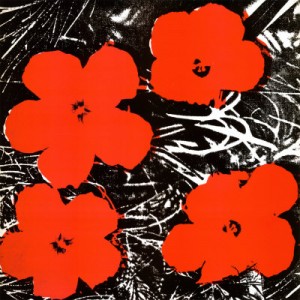
When I say: flower—outside the oblivion to which writing, all writing, relegates any shape, there arises musically, as the very idea, and delicately, the one absent from every bouquet. I’ll Drown My Book is the absent flower from the bouquet of today’s writing. It marks writing’s impossible edge with a billion dots we will never see but that somehow fuck with us—it traces writing’s secret punctum that we stupidly confuse for stars.

June 7th, 2012 / 12:00 pm
ToBS R4: Sewage Treatment Technologies vs. middle age white male self published sci fi novel pt 1 of 4
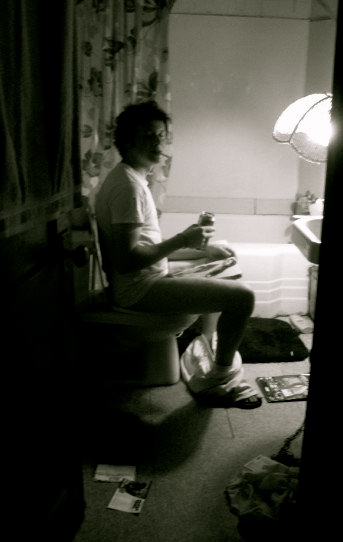
Salt, c. 2007
[matchup #57 in Tournament of Bookshit]
Waste, do you know the word. Often it comes at night when I’m combing my lines in the dark. When I’m mouthing the name of a woman, or fucking myself, or wondering why I carry on being American. Waste means whatever waste wants. In the middle of my life I searched for myself in the engine. I’m not dead links and waste and zero results, I told myself. I wrestle the ancients and yell their names when I’m blackout. I unleash myself on myself and fuck the crow from my book. But waste means here comes the shepherd’s crook. Ask me anything I’m the bellwether nobody tags. Waste and my instant telegrams of perennials and teacups and my shoes in the cities I love they will vanish. I’ve failed to convince myself to subscribe to myself. I stand before the wall on which nothing’s written. Waste means I’m following. I came here to waste in the box but everyone called it life. Waste finds me new addresses, new names every day. A red name, a green name, then orange. Like the colors that hang from the wires that tell me to drive. Waste means traffic. Waste means more invites. Waste means I interview Salt, my friend in his twenty-sixth year because his father manages waste to make money. I remember one day a dozen years ago he came home smelling like shit, Salt writes me. Are you like him do you watch the river of waste to make money. Waste the river of fishbones and scumbags and hair and bloodrags it’s blackbread with the crust come alive. Waste I’m disabling my family filter. Shit definitely one of the top three smells. READ MORE >
Intro to the Avant-Garde: A Secondary Materials Primer
Or, a recommended reading list for those who wonder where to begin.
As with any field of study, entry points abound.
With that in mind, my objective here is not to be comprehensive but rather to suggest a limited set of key texts that should help readers familiarize themselves broadly with the critical conversation surrounding the historical Avant-Garde. In the interest of symmetry, I offer ten books and ten articles, with a few supplements along the way.
One of the inherent problems of studying the Avant-Garde is its interdisciplinary nature, which could make it seem overwhelming given the vastness of its reach: far beyond typical artistic areas. Cecilia Novero’s recent book Antidiets of the Avant-Garde: From Futurist Cooking to Eat Art, and Alastair Brotchie’s A Book of Surrealist Games
are prime examples. Also, the overlap with Modernism makes any conversation about the A-G seemingly inseparable from a conversation about Modernism, which brings a whole host of other issues to the table. Don’t let either obstacle hamper you. For the sake of focus, I have limited my suggestions to texts that specifically address the A-G in its general (leaning toward literary) sense, which means I omitted a few really great books that focus specifically on, say, music, or that focus primarily on Modernism.
Oh, one last thing…keep in mind, what follows is a list of secondary materials: writing about the Avant-Garde. In the not-too-distant-future, I intend to produce a companion list of primary materials: writing from the Avant-Garde.
Since it’s likely I left out your favorite book on this subject, additions to the list are welcome in the comment minefield.

